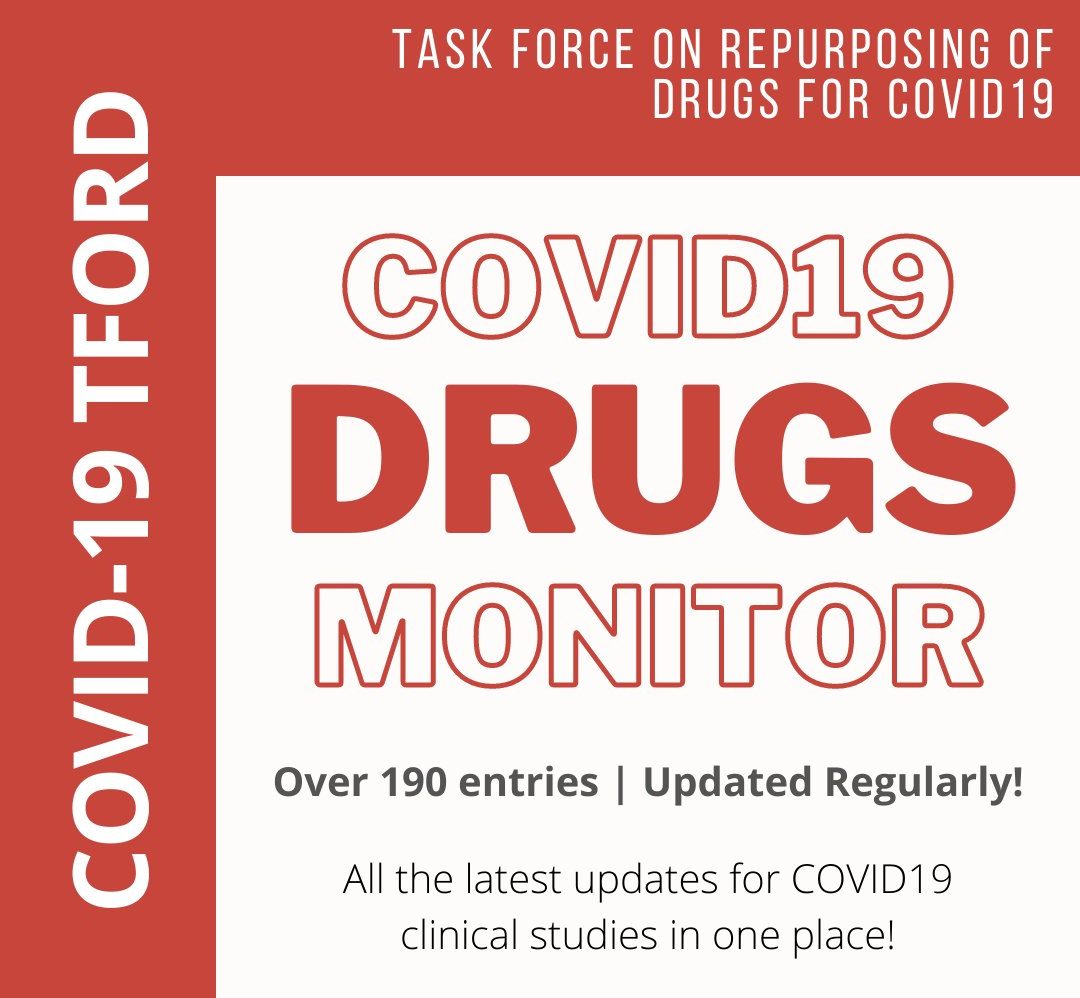(24 Mar 2021) Remdesivir- 22.9 % required mechanical ventilation compared to 44.7 % in the control group
Clinical and Virologic Effectiveness of Remdesivir Treatment for Severe Coronavirus Disease 2019 (COVID-19) in Korea: a Nationwide Multicenter Retrospective Cohort Study
https://doi.org/10.3346/jkms.2021.36.e83
A total of 86 severe COVID-19 patients were evaluated including 48 remdesivir-treated patients. Baseline characteristics were not significantly different between the two groups. Remdesivir was administered an average of 7.42 days from symptom onset. The proportions of clinical recovery of the remdesivir and supportive care group at HD 14 (56.3% and 39.5%) and HD 28 (87.5% and 78.9%) were not statistically different. The proportion of patients requiring MV support by HD 28 was significantly lower in the remdesivir group than in the supportive care group (22.9% vs. 44.7%, P = 0.032), and MV duration was significantly shorter in the remdesivir group (average, 1.97 vs. 5.37 days; P = 0.017). Analysis of upper respiratory tract specimens demonstrated that increases of Ct value from HD 1-5 to 11-15 were significantly greater in the remdesivir group than the supportive care group (average, 10.19 vs. 5.36; P = 0.007), and the slope of the Ct value increase was also significantly steeper in the remdesivir group (average, 5.10 vs. 2.68; P = 0.007). The remdesivir group showed clinical and virologic benefit in terms of MV requirement and viral load reduction, supporting remdesivir treatment for severe COVID-19.
